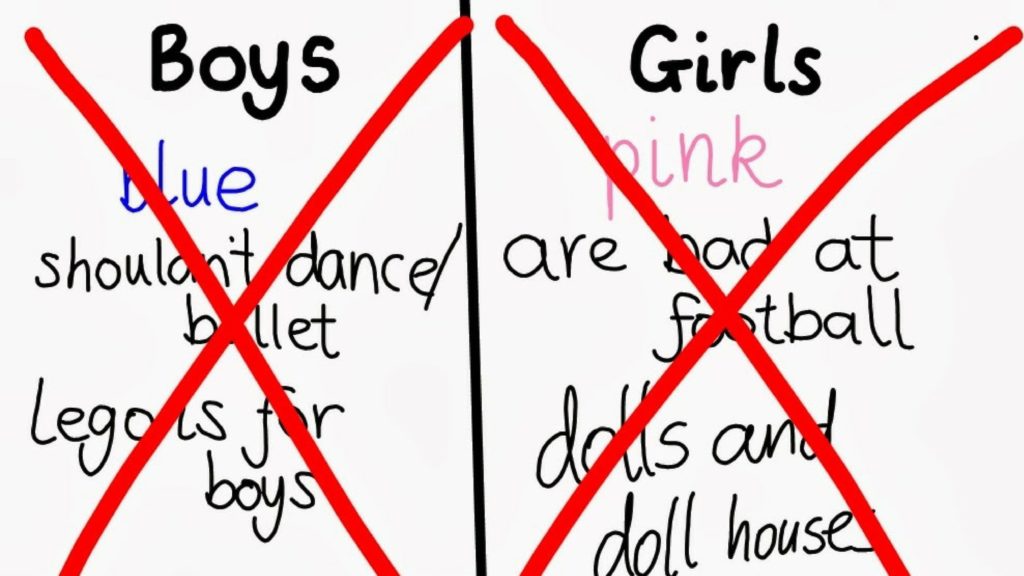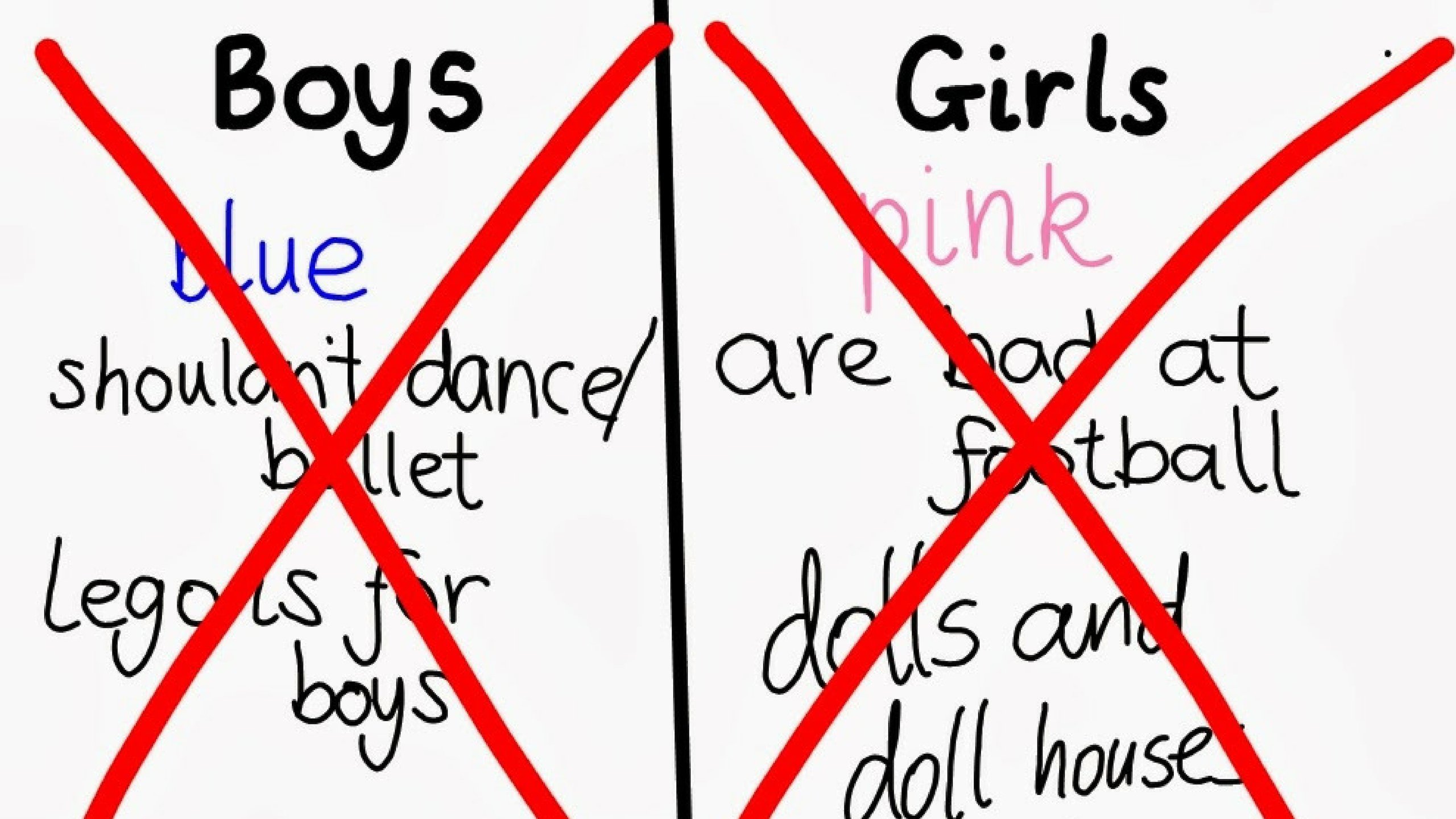Challenging gender stereotypes in the classroom

Gender stereotyping, in my opinion, is best addressed through example. Nothing speaks louder and clearer to children and young people than what they hear, see and experience; they are led by the examples around them.
When addressing the imbalances in any society or community it is essential to start with the imbalances within. For school leaders, these considerations and discussions are an essential area of leadership and management.
Ensuring that the school staff, the values, the expectations, the curriculum delivered and the engagement opportunities offered to the various stakeholders are all non-gender specific is an exciting challenge and one any school leader should cherish being given.
1. School staffing structure
- Developing a clear and effective staffing structure for the school setting that supports the learning of the current cohort is essential. Understanding that there should be a balance needs to be reflected in the subtext of the structure.
- Do all the early years’ professionals need to be female?
- Do the sports coaches/ICT support and the majority of the senior leadership team all have to be male?
- Are the school office staff mainly female aside from the finance officer or the bursar?
Making sure that there is a balance in the school staff can work wonders for changing the landscape and there should be a consideration for where the adverts for school roles are published, the job description shared and the recruitment process as a whole.

2. Values and expectations
Using language effectively can have two effects; it can either make everyone feel included and welcome or it can isolate and offend.
Gone are the days when shared language was written with a male bias when schools kept parents and carers at the school gates aside from parents evening, annual Christmas nativity, sports day and the summer fair.
Schools now need to be clear about their values and their expectations to all the stakeholders. To engage with the wider community, it is essential to demonstrate, in real terms, a commitment to gender equality.
Ensure that any negative language around gender and their perceived specific behaviours are addressed with reference to the school behaviour/inclusion/equality policy.
Planned programmes for whole school assemblies looking at all language that offends and the origins can enable staff and pupils to access the topic. Being told that someone throws like a girl, cries like a girl needs to man up or is ‘butch’ has no place in the school setting and is offensive.
Explaining the offence and the weight of such words and phrases is essential to move gender-specific negative language out of the playground and into the annals of history.

3. Curriculum development
What children are explicitly and implicitly taught is at the core of any necessary change. What we present and how we present it can unlock doors or close and bolt a door forever.
Literature; stories, poems and life experiences act as the perfect starting point for some challenging conversations and some interesting discussions. The National Union of Teachers (the NUT), has produced a compendium of books that look at perceptions of gender and the expected behaviour, likes and choices that society attributes to girls/females and boys/males.
Work with the pupils on their likes and dislikes; their interests and their opportunities. How do you know if you like football or sewing if you have never been given the experience of learning the rules, watching the game and of taking part in a pressure-free environment or of learning step by step how to sew on a button? Our role as educators is to teach, challenge and review and to offer opportunities to pupils they may never otherwise receive.
Find the link to the NUT compendium here.

4. Engagement opportunity
Being accepting of the community in which the school sits means knowing and understanding it. Actively engaging all members of the community is the role of the school leaders. Conducting a skills audit will ensure that assumptions are not made about stakeholders’ jobs, interests or abilities.
Forever having the mums on the cake stall and the dads taking the money and organising the PA system is not always helpful in the year 2019. Try to mix things up a bit and ensure that your pupils see men and women in a different light to the ones in which they are often portrayed in the society outside of the school.
Most of all challenge yourself as centuries of conditioning has had an effect on us and it is time to have some fun with who we all really are!








A really important topic Jane and very well written article thanks! As a school leader I am hoping to facilitate the wider celebration of women, LGBTQ+, BAME individuals, cultures and contemporary themes. What inspires me is that we work with young people who are now crying out for wider representations in both their lessons and in the teachers that stand in front of them every lesson. Thanks again, I’m on a real learning and exploration curve with this so I really appreciate your efforts.